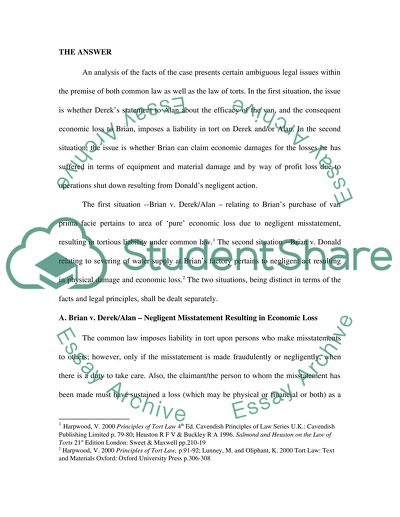Cite this document
(“Law of Tort College Essay Example | Topics and Well Written Essays - 2000 words”, n.d.)
Law of Tort College Essay Example | Topics and Well Written Essays - 2000 words. Retrieved from https://studentshare.org/law/1500403-law-of-tort-college-essay
Law of Tort College Essay Example | Topics and Well Written Essays - 2000 words. Retrieved from https://studentshare.org/law/1500403-law-of-tort-college-essay
(Law of Tort College Essay Example | Topics and Well Written Essays - 2000 Words)
Law of Tort College Essay Example | Topics and Well Written Essays - 2000 Words. https://studentshare.org/law/1500403-law-of-tort-college-essay.
Law of Tort College Essay Example | Topics and Well Written Essays - 2000 Words. https://studentshare.org/law/1500403-law-of-tort-college-essay.
“Law of Tort College Essay Example | Topics and Well Written Essays - 2000 Words”, n.d. https://studentshare.org/law/1500403-law-of-tort-college-essay.


